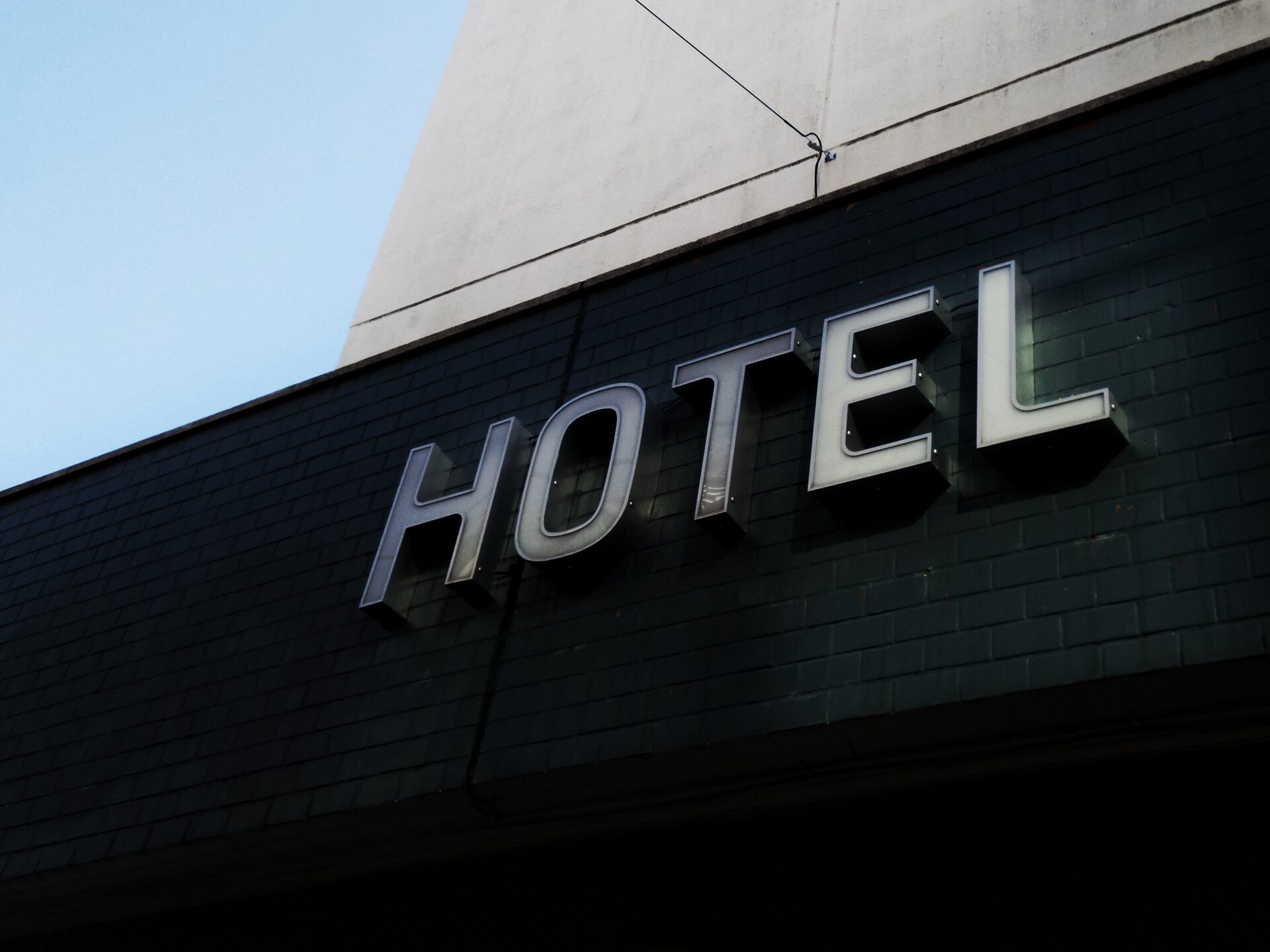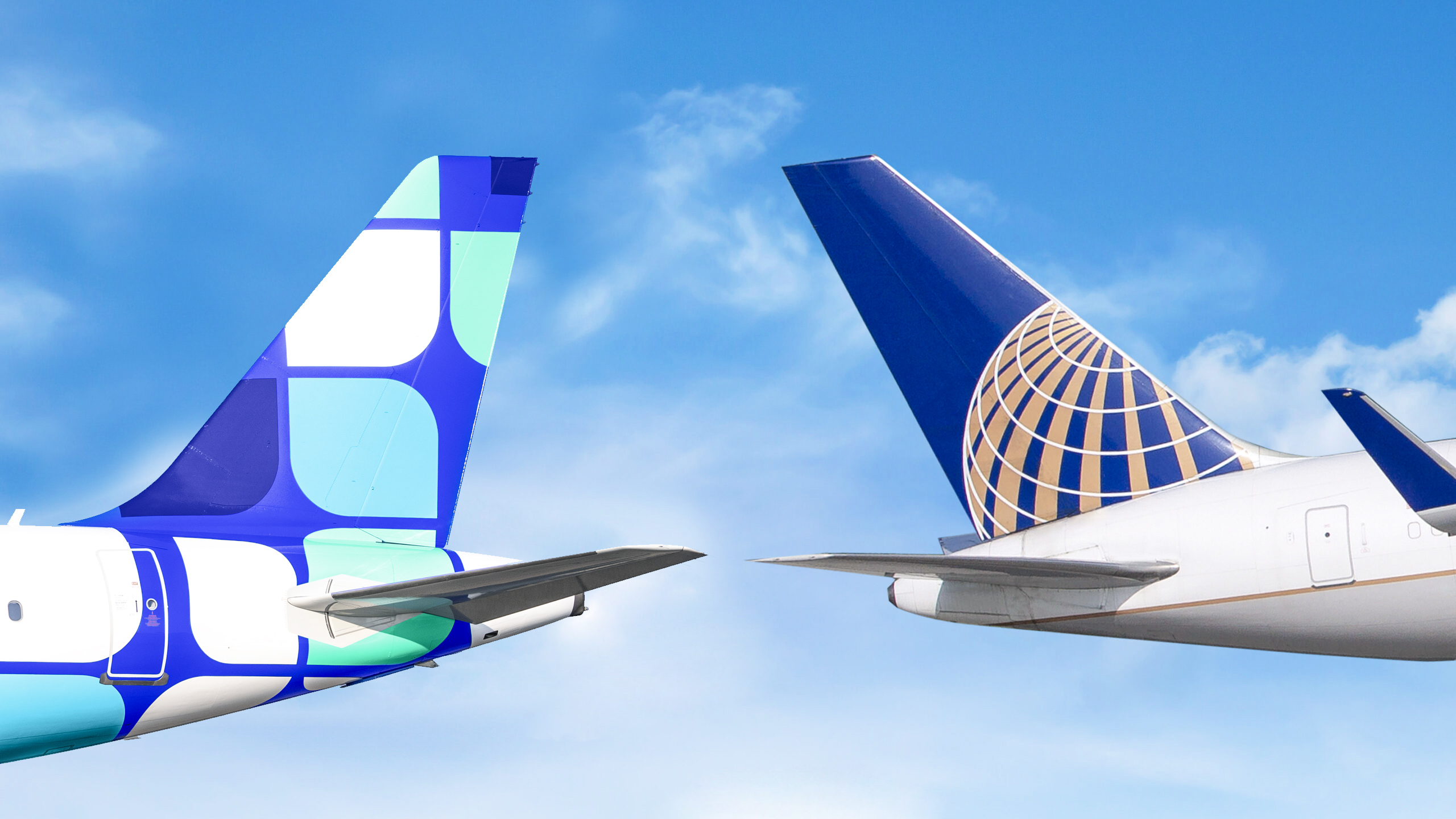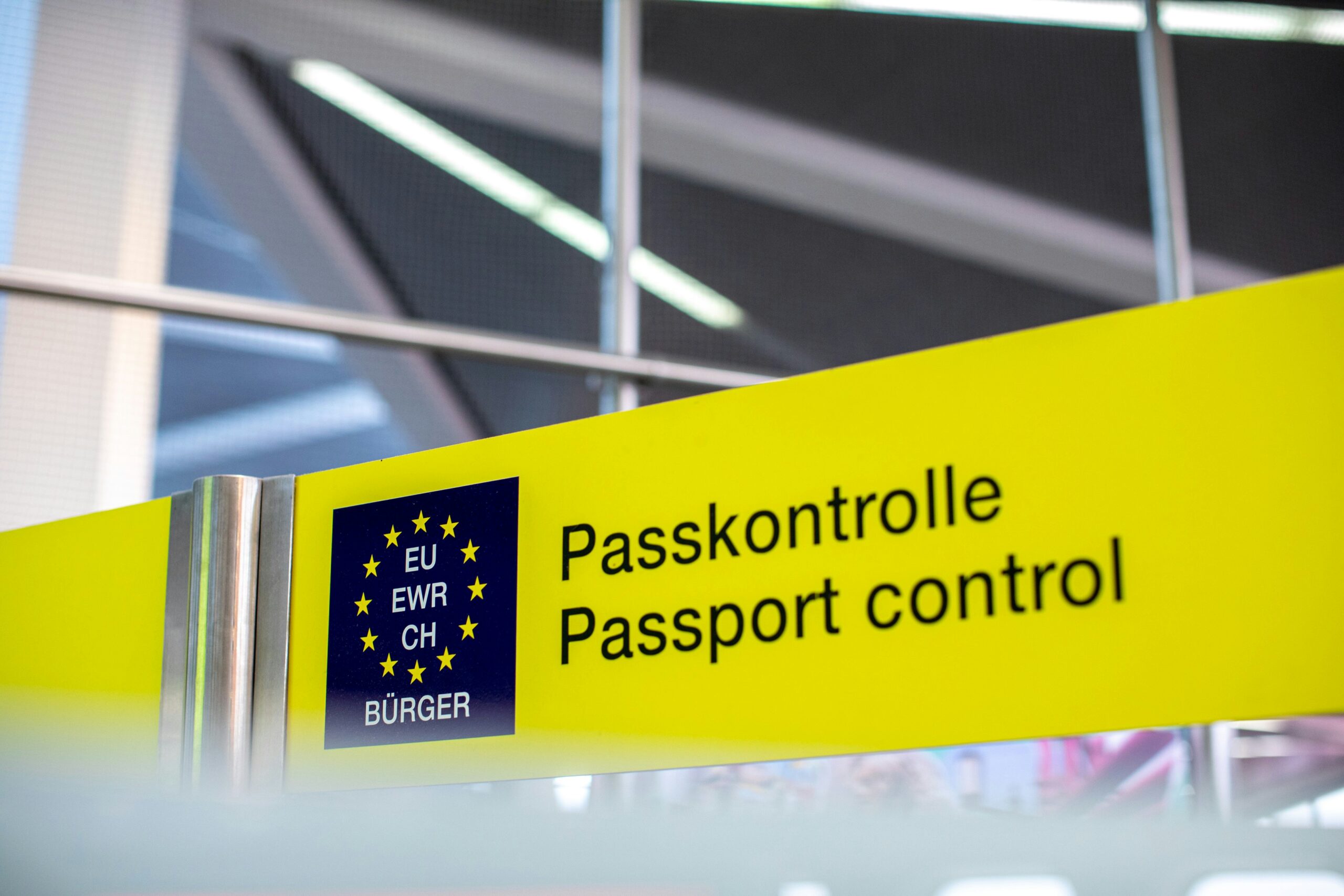Amadeus Report: Global Hotel Occupancy Close to Pre-Pandemic Levels
Global hotel occupancy levels reached 63% in the first three months of the year, just 4% below the same period in 2019
by Fergus Cole
May 25, 2023

Photo: Courtesy of Possessed Photography / Unsplash
With pandemic restrictions now largely a thing of the past, global hotel occupancy rates are almost back at pre-COVID levels, according to a recent report from Amadeus.
The IT provider company for the global travel and tourism industry has released a new report titled ‘Catalysts for Change: Building the Hospitality Ecosystem of the Future.’ The report revealed that hotel occupancy levels worldwide averaged 63% during the first quarter of 2023, compared to 67% over the same period in 2019.
While not quite at pre-pandemic levels, it’s much improved compared to the first quarter of 2022, when global hotel occupancy rates were just 53%.

Four Season Hotel Austin, perched on the shores of Lady Bird Lake / Photo: Courtesy of Four Season Hotel
Looking ahead, the report also found that hotel bookings are also closing in on pre-pandemic levels, with global hotel occupancy rates for June 2023 already reaching 32% as of May 6, just 3% lower than at the same time in 2019.
“The trend is mirrored throughout the rest of 2023, with bookings close to 2019 levels and ahead of those recorded in 2021 and 2022,” said Amadeus in the report.
The report also found that some popular destinations already see higher hotel occupancy levels for June than for the same month in 2019. These include Rome and Paris in Europe and major Asian destinations such as Tokyo, Seoul, and Singapore.
According to the report, average daily rates for hotels are also currently higher than pre-pandemic levels. For example, one night in a hotel in June 2023 costs an average of $216, while it was just $184 per night on average in June 2019.

Photo: Courtesy of Emirates
Other changing trends have been picked up by the data, such as people booking hotels more in advance than during the pandemic, highlighting the public’s growing confidence in travel. Just over half (51%) of hotel bookings in 2023 were made within seven days of travel, down from 64% in 2022 and similar to the 50% recorded in 2019.
In addition to analyzing hotel data from around the world, Amadeus interviewed travel industry members to gauge changing trends, including hoteliers, mobility providers, travel sellers, and travel insurance providers. It found that hotel guests are placing greater importance on having a personalized experience while also seeking ‘value-driven’ digital solutions and protection from their travel providers should external factors impact their plans.
“In keeping with a demand for personalization, travelers increasingly expect the hospitality sector to offer seamless journeys,” said the report. “This refers to travel using a variety of modes of transportation – all organized through a single booking process or ticket.”

The Lana. Photo: courtesy of Dorchester Collection
Amadeus also said that changing trends are evident in the business travel sector, including the desire of many corporate travelers to combine leisure time with their work trips, sometimes referred to as ‘bleisure travel.’
“Travelers are looking to maximize the value of their time – and this can mean adding on family time at the end of a trip or arriving at a destination a day or two ahead of a meeting to enjoy the cultural side of a location.”
This report from Amadeus follows similar intel from aviation data analyst Cirium, which found that the number of transatlantic flights is closing in on pre-pandemic levels. Both these reports show that confidence in travel is growing worldwide, and it is only a matter of time before the tourism industry returns to normal.




